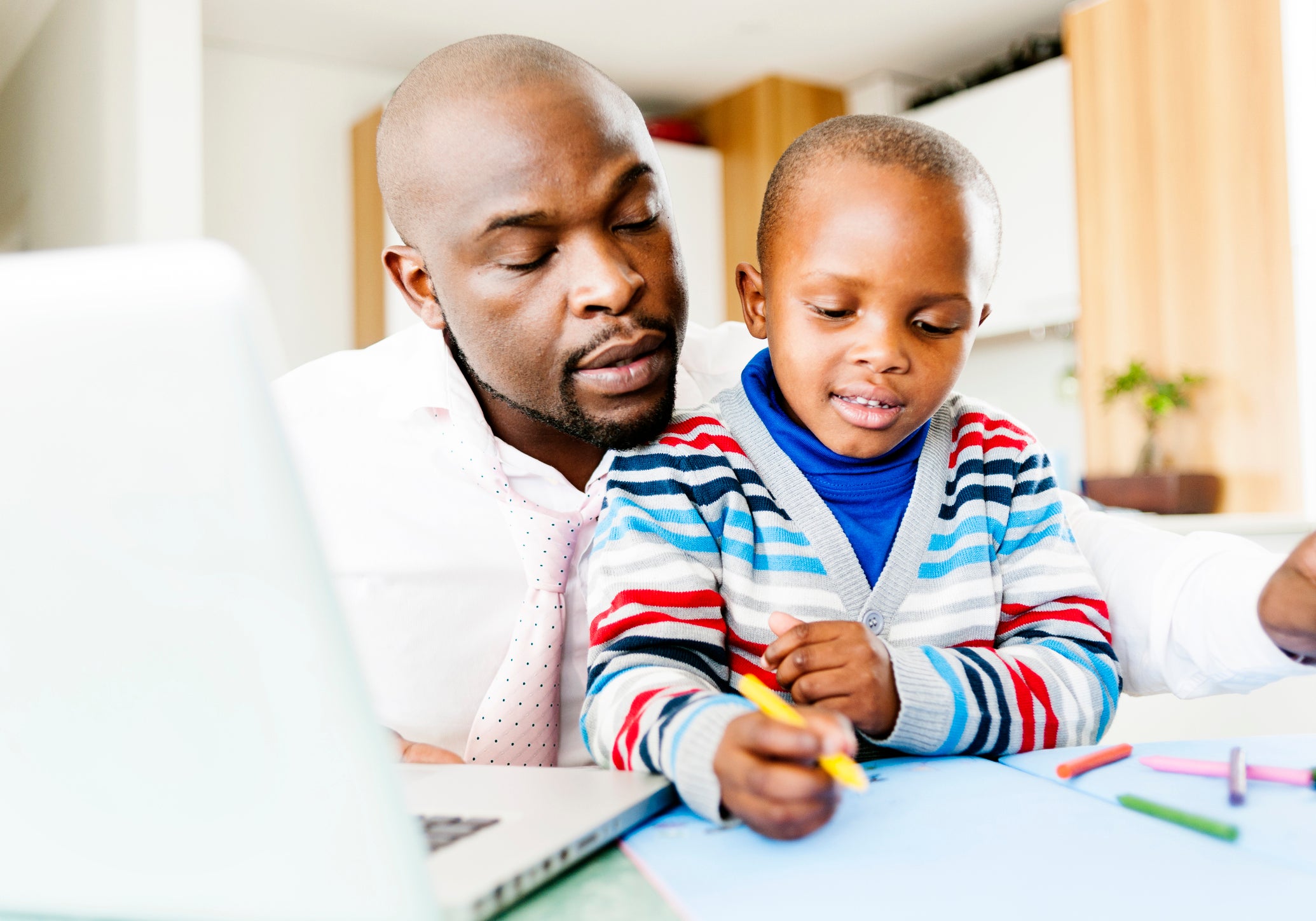It’s August, and it’s woefully apparent that too many school districts are not prepared to host children, teachers and non-instructional personnel without accelerating the spread of COVID-19. Despite Congress having had months to adequately fund states so school leaders could meet clear safety standards, parents are essentially being asked to willingly place their children and family’s health—and lives—at risk.
Schools are supposed to add value to our lives, not facilitate taking them. As important as schools are for a functioning society, the economy, and for parents’ sanity, health has to be prioritized. Without a plan that meets health standards, back-to-school this semester should mean a return to distance learning.
This should be an even more urgent mandate for Black students.
Historic and systemic housing discrimination, economic injustice, and healthcare inequality have already created conditions that make Black people twice as likely to die from the now not-so-novel coronavirus than their white peers. Back to school plans that ignore these pre-existing conditions of structural racism are willfully throwing caution and Black lives to the wind. For instance, as COVID related deaths and infections escalate in the state of Florida, its governor, Ron Desantis, ordered all public schools to reopen brick-and-mortar buildings at least five days per week without ensuring that schools meet safety standards for children. In Pinellas, Florida, Black residents are 2.5 times as likely to contract the coronavirus than white residents, according to analysis by the national news outlet PBS. Regarding education, schools predominated by Black students in Pinella require more protective measures and resources compared to their white peers. Every time a child goes to school, he or she can get infected; upon their return, the student can infect a father, grandmother and other loved ones.
What is this if not playing Russian Roulette with our children’s lives, as well as anyone with whom they may come in contact?
Compounding the health risks, Black families are more likely to not have the technology to maximize distance learning, which will certainly deepen educational inequality in the country. Again, structural racism manifested in uneven broadband coverage and lower number of devices in Black families’ homes erodes the quality of life of Black families. Additionally, on top of the lack of health protection and tech infrastructure in Black communities, parents are expected to substitute for teachers in ways that are clearly out of most people’s element. And they are expected to do so often without tangible support.
So, what can parents and child caregivers do to not only educate children during these unprecedented times, but to prepare them for a world that does not value Black lives—a world in which they will not and should not depend on institutions of harm to keep them safe?
Back To The Future
Many parents grew up taking home economics, the study of home management. Currently referred to as consumer sciences (FCS) classes, “Home Ec” includes practical classes on nutrition, health, cooking, sewing, financial management, life skills training and child development. The proliferation of home economics has faded in recent years, but our extended quarantines should usher in a revival.
As many have discovered since our social distancing efforts, teaching a child how to bake a cake, plant a garden or hem a pair of pants can be fun and useful. Just as important, though, students need to learn how to deconstruct racist systems rather than adapt to them. Parents, teachers and civil rights organizations should supplement districts’ remote learning schemes with relevant and practical lessons in math, health and civics that help eradicate the pandemics of racism and COVID.
This semester will probably be a wash in regard to traditional academic learning. Still, we must demand that Congress adequately fund states and school districts. We must also call for internet providers to expand broadband coverage areas to provide free internet and technology access to low-income and communities of color. In addition, we need lessons that are relevant, meeting the health and political needs or our communities.
Philosopher John Dewey famously said, “Education is not preparation for life; education is life itself.” This moment may never come again. While learning when and how we should go back to school safely is a matter of life and death for Black people, we must also teach students how to fight for systems that recognize Black people’s right to exist.
This makes home a site of comfort, nurturing, learning, power, and resistance.
—
ESSENCE is committed to bringing our audience the latest facts about COVID-19 (coronavirus). Our content team is closely monitoring the developing details surrounding the virus via official sources and health care experts, including the World Health Organization (WHO), the Centers for Disease Control and Prevention (CDC) and the Occupational Safety and Health Administration (OSHA). Please continue to refresh ESSENCE’s informational hub for updates on COVID-19, as well as for tips on taking care of yourselves, your families and your communities.
